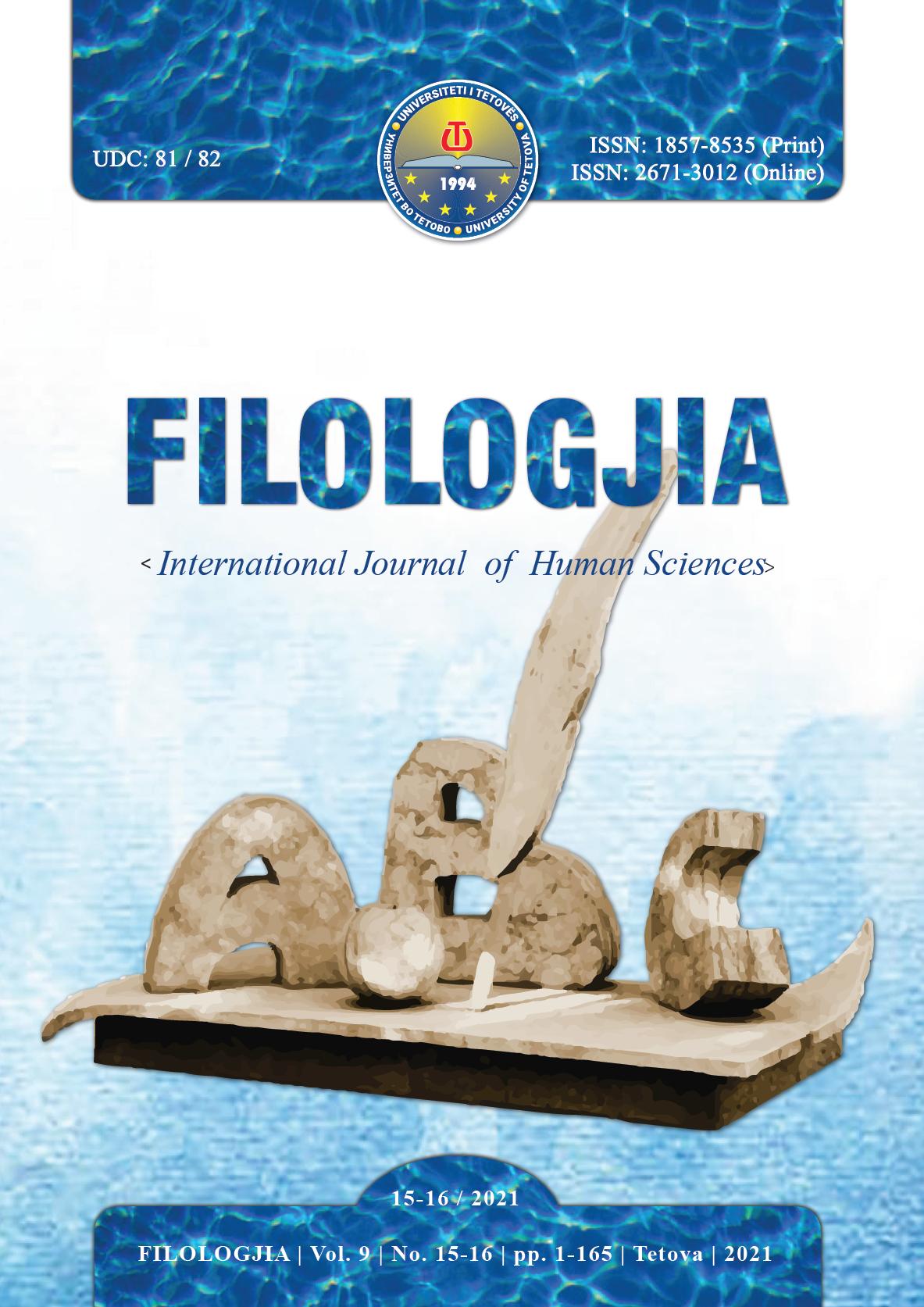AN EMPIRIC-COMPARATIVE STUDY CONCERNING THE IMPLICATIONS OF COGNITIVE CONSTRUCTIVISM ON TEACHING
AN EMPIRIC-COMPARATIVE STUDY CONCERNING THE IMPLICATIONS OF COGNITIVE CONSTRUCTIVISM ON TEACHING
Author(s): Florim AjdiniSubject(s): Language and Literature Studies
Published by: University of Tetova
Keywords: Cognitive-Constructivist; Undergraduate education; Implication;Learning theory
Summary/Abstract: Given it has been earlier known that constructivism as a way of learning, has been always explained slightly from a wider range of theoretical perspective, the fact that all of them, in one way or another describe it via activities leading to cognitive development as behaviorism, qualifies the process as rather vague and sometime complex to be comprehended by the academic community. To clarify this description of the phenomenon, I would recall the fact that the teaching theory, deals with description of the amount of knowledge which is uncertain, and on the other hand, the learning process towards knowledge, consists of the construction of the process of knowledge itself. In the process, the learners are the object of acquisition of new knowledge, which is acquired via the activity of constructing further knowledge, using their cognitive initiatives. In these learning circumstances, the teachers help and support them, by delivering knowledge, which the common language names them, as leaders who push learners towards a stronger Cognitive-Constructivist Learning Interaction (CCLI). This interactivity ends up with the higher degree of acquired language knowledge output. As a result, this research, aims to reveal and explain further the implication of cognitive-constructivist approach of the teaching theory, with our learners attending undergraduate education.
Journal: FILOLOGJIA - International Journal of Human Sciences
- Issue Year: 9/2021
- Issue No: 15-16
- Page Range: 81-89
- Page Count: 9
- Language: English

